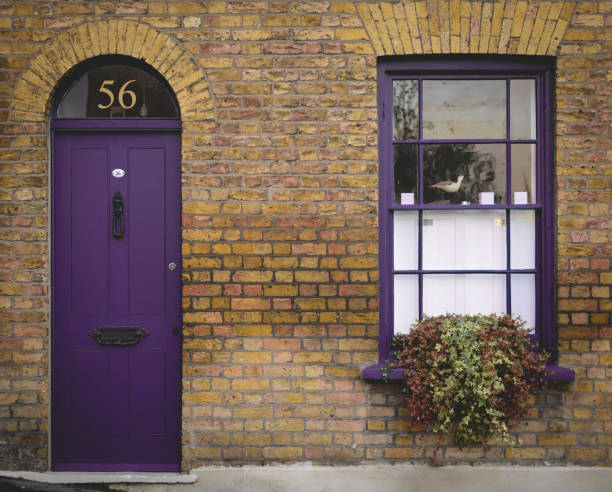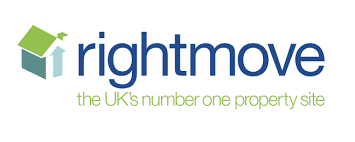Discover Bolton's Premier Online Property Auction
Bid from the Comfort of Home
Experience the convenience of our online property auction, allowing you to bid on exciting properties in Bolton from your own home. Whether you’re seeking a residential property or your next commercial opportunity, our auctions offer a diverse range of options to suit all needs and budgets.
Easy Online Browsing
Browse our extensive list of properties online. Simply click on any property to find more information. To view a property, give us a call, and we’ll arrange it for you. We’ll also register you for the auction and guide you through the process.
Convenient and Exciting
Our online property auctions provide a swift and convenient way of buying and selling property, retaining the excitement of traditional auctions. For those new to this method, our auction specialist is available for a pre-viewing call to answer any questions and offer advice.
Prepare to Bid
Before bidding, ensure you’re registered and have reviewed the Buyer Information pack for each property. If you’re interested in multiple properties, register and get approved for each one. Pay attention to specific terms and conditions, as they may vary.
The Bidding Process
Once the auction is live, place your bids on the desired property. Auctions end when the timer runs out, and sales are agreed if the bid meets or exceeds the seller’s undisclosed reserve price. If a bid is placed in the last two minutes, the timer resets to ensure fair bidding.
Winning bidders must pay the non-refundable Reservation Fee and sign the Reservation Agreement. You’ll have 56 days to complete the process with assistance from our Completions Team.
Start exploring Bolton’s property opportunities today with our online auction!





